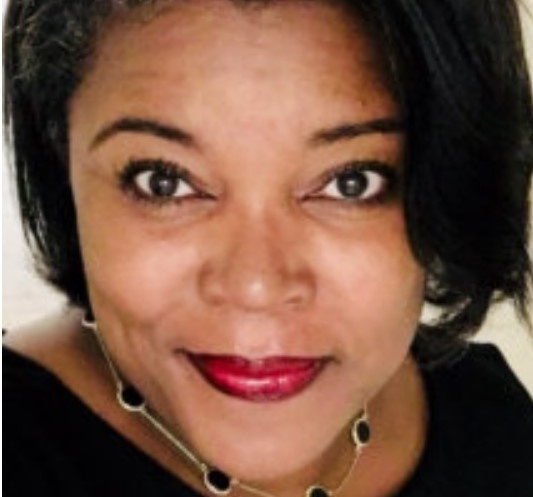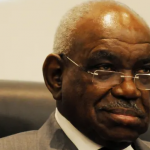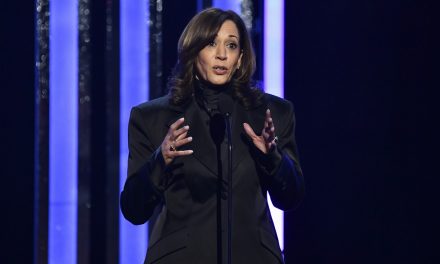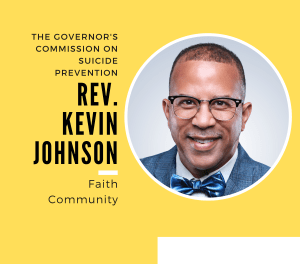By Aria Brent
AFRO Staff Writer
abrent@afro.com
When it comes to defying odds and blazing trails, Windsor Group knows a thing or two about it. Since starting in 2017, the Black, women and veteran- owned business has worked hard to continuously raise the bar in the world of business professional development.

With a series of services offered including IT, project and program management, management consulting, staff augmentation and many more, the company is on the rise.
Diedre Windsor, president and CEO of Windsor Group, spoke with the AFRO to discuss her ever-growing business, how it started, the importance of supporting Black-owned businesses and the role they played in providing funding opportunities from the United States Department of Agriculture (USDA) to over 58,000 agriculturists. This week, Windsor’s company was listed on the Inc. 5000 list. According to information released by Inc.com, “companies on the 2024 Inc. 5000 are ranked according to percentage revenue growth over the last three years. They generated 874,940 jobs, $317 billion in revenue, and show where the economy is going.”
Read below to learn more about this Black woman on the move and what she told the AFRO about discrimination when it comes to African-American entrepreneurship.
AFRO: Tell me about Windsor Group. When were you founded and what’s your purpose?
DW: We registered in January of 2014, but I did not start the business until 2017. In 2016, I quit my job in the federal government. I was working at the U.S. Department of Justice. I left that job and decided to start the business full time.
We are a professional services firm. Under the umbrella of professional services, we offer IT services, project and program management, management consulting, training, development and staff augmentation. We are 100 percent federal government contractors.
AFRO: How did you get involved with the Discrimination Financial Assistance Program and what was that like?
DW: Interestingly enough, in the federal government, they have what’s called a “multiple award schedule.” We’re on the schedule and last year I got a call from a large company that wanted to pursue this opportunity at the USDA. It’s the Discrimination Financial Assistance Program. The program came from legislation 22007, of the Inflation Reduction Act, which required the USDA to provide 2.2 billion in financial assistance to farmers, ranchers and forest landowners who had been discriminated against. You had the national administrator, who was the final decision maker, but also the vendor that would make sure the checks were distributed. You also had the regional hubs and these vendors were responsible for making sure that we communicated this information.
Our job was outreach and technical assistance. We needed to find the farmers and make sure they understood this information–that this financial assistance was available– and then help them with the application process. The application was 40 pages and that was daunting by itself. But that was our responsibility. They asked us if we were interested. We said “yes” and went forward.
We ended up being awarded the contract to execute East of the Mississippi River and that was 26 or 27 states, including Puerto Rico and the U.S. Virgin Islands.There were 43,000 financial assistance awards made and 33,000 of those came from the East Coast. Our technical approach was successful because we were able to get over 58,000 applications. I’m sure some of them fell out for one reason or the other, but we were responsible for about 78 percent of the applications and we were responsible for about 72 percent of the awards that were distributed. The program was a huge success.
AFRO: What does discrimination within the agriculture industry look like?
DW: It’s the same as what it looks like for me as a small business owner.
For example, “Mr. Smith goes to the USDA and says ‘Hey, I have 15 acres and I want to do X,Y and Z,’” but then he is discriminated against: He can’t get the loan to do what he needs to do to progress on his land. That can result in him maybe having to sell the land because he has no money to keep it.
The old saying goes, “You have to have some money, to make some money,” and sometimes having money just means getting a small loan. You can only do so much borrowing from friends and family. Most of us don’t have friends and family that can lend us the type of money we need to actually get something like that off the ground.
How are you going to make progress without getting the money that you need?
There are people who told us they tried to get a loan, but couldn’t. When they didn’t get the loan they needed, they had their White neighbor go in and try to get the same loan.
The neighbor got the loan.
The Discrimination Financial Assistance Program addressed all forms of discrimination.
AFRO: What’s next for Windsor Group?
DW: We’re looking to give back even more.
For the last two years, we’ve been on the Washington Business Journal list of corporate philanthropists. I feel like the more we grow, the more we can give back. It’s made me think a lot about how I want to give back in the future because right now we help quite a few organizations.
Right now, we are focused on a lot of veteran organizations. I try to stick to organizations where I know what kind of impact it will have on the person.
As a Black woman veteran, I know the trials people like me deal with, and I know organizations that support that population. I want to support them, but I also want to support scholarships at HBCUs. I also want to support food insecurity. On the business side, we’re diversified within the government, and right now I’m looking at how we move beyond the government to the commercial space. In order to truly grow and scale, that’s going to take something different and I’m not 100 percent sure what that is yet.
We’ve been very fortunate because we’ve grown every year. This week, we were notified we’re on the Inc. 5000 list– number 318. This is our fourth year in a row we’ve been on Inc. 5000 and that means that we’ve been consistently growing.
AFRO: Why is it important to support Black-owned businesses?
DW: I think it’s critical. Sometimes it’s only us helping each other. I’m not saying other people don’t help us, but if we don’t help us—who’s going to help us? Don’t get me wrong, there are a lot of great philanthropic organizations and people out there that are helping us because “they don’t see color.” However, for me, it’s important that I help Black-owned companies, women-owned companies and veteran-owned companies.”
The post AFRO spotlight on Black excellence: Meet Diedre Windsor, the Maryland entrepreneur on the Inc. 5000 list appeared first on AFRO American Newspapers.











